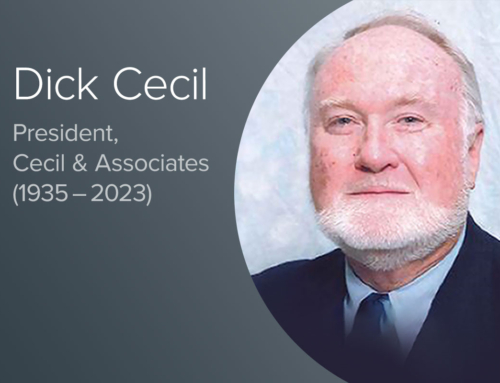The next great challenge we face is not another pandemic but an infodemic, a rapid and far-reaching spread of misinformation about COVID-19 vaccinations. This is compounded by a serious erosion of trust in information sources leading to larger than acceptable levels of vaccine hesitancy across society.
Wow! There’s a lot to unpack in that lead statement. I’ll do my best while leaning on trusted sources.
First, there are great discrepancies in who is willing to be vaccinated. This is important because for most of our population to be immune from the virus, all segments must be actively engaged in precautionary measures and vaccination. Even worse, vaccine hesitancy appears to be growing across many segments.
Research from November 2020 reported by the Journal of American Medical Association (JAMA) concluded that the number of people indicating a willingness to seek the COVID vaccine dropped from 74% to 56% since April. The report cited that those indicating they were somewhat or very likely to be vaccinated were more often men than women (62% vs 51%), white than Black (59% vs 38%), 65 and older than 18-49 (69% vs 51%) and with a bachelor’s degree versus a high school education (70% vs 48%).
Vaccine education is critical to close gaps and reverse trends. Unlike the past, when politicians and Hollywood stars shared well-produced and highly polished advertisements, today’s most trusted source of vaccine education information may just be your employer.
A January 25, 2021, Wall Street Journal article written by Chip Cutter indicated that business leaders and, specifically, employers, are playing an important role in COVID vaccine education. From all-hands staff meetings, video messages and other workplace forums, bosses are stepping up to address the issue of vaccine hesitancy and be cheerleaders for vaccination.
According to Kirsty Graham, CEO of Edelman Public Affairs and Chair of its Health Practice, the Edelman 2012 Trust Barometer found that, “‘My Employer’ is the most trusted source (61%) of information, outranking national governments (58%) and media reports (57%).” Graham added: “Every single employer has a responsibility to be a source of unbiased, factual information about the vaccines and to build trust in vaccination through advocacy vs. mandates.”
Based on the Edelman research, WSJ’s Chip Cutter explored how companies may be stepping up their role in sharing vaccine information to reduce vaccine hesitancy. He reports that mega-employer Sodexo (420,000 employees) is launching social media campaigns to encourage employees to get shots. Benchmark Senior Living is “blasting ‘myth-buster’ emails to its workforce and turning on-site vaccination clinics into mini parties.”
According to this ABC News story on January 25, 2021, Budweiser will forgo some of its traditional Super Bowl advertising to support COVID vaccine awareness and education throughout the year and Coca-Cola announced it is passing on this year’s Super Bowl to “ensure we are investing in the right resources during these unprecedented times.”
As indicated from the JAMA research cited above, the level in vaccine hesitancy is demonstrably higher in minority communities. In an article published last October in the reputable New England Journal of Medicine, the author concluded that, “When COVID-19 vaccines are eventually approved by the FDA, their success in Black and other communities will depend on whether members of these communities not only trust that they are safe and effective, but also believe that the organizations offering them are trustworthy.”
This combination of “trust” and “trustworthiness” is a consistent theme running through much of today’s news and literature. It applies generally and not just in the Black community. We must be able to trust the source of information encouraging vaccination while concluding the vaccine is coming from a trustworthy source.
Addressing this current-day infodemic may be the single most important public health challenge of the century. While it is hard to imagine anything more devastating than the COVID-19 pandemic that still rages, failing to reduce vaccine hesitancy through education and communications will only make matters worse.








